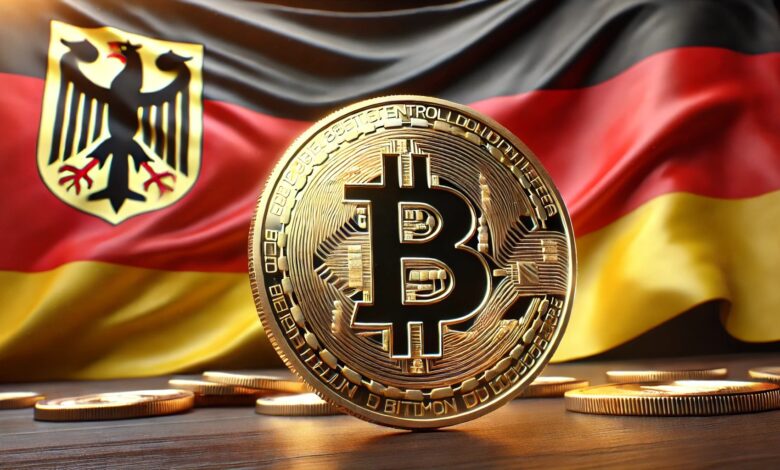Germany’s Free Democratic Party demands Bitcoin reserves in its election campaign

Germany’s Free Democratic Party is intensifying its focus on Bitcoin and cryptocurrency policy during the run-up to the country’s parliamentary elections, scheduled for February. The party was newly released Election manifestopublished on December 18, marks a notable pivot toward integrating digital assets like Bitcoin into the existing financial framework. It is worth noting that the FDP mentioned Bitcoin and cryptocurrencies five times in the document.
FDP wants a strategic reserve of Bitcoin
Central to the FDP’s platform is the idea of modernizing oversight of financial markets, while maintaining proportionate and competitive regulatory standards. The electoral program emphasizes a commitment to “modern financial market regulation” that protects private creditors and ensures “equality of opportunity” for all market participants. To achieve this, the FDP proposes to expand the responsibilities of the German Federal Financial Supervisory Authority (BaFin) so that it can “better support fintech and cryptocurrency innovations.”
The FDP also wants to ensure that the German approach to regulating cryptocurrencies is closely aligned with broader European standards. It stipulates that German rules should not exceed “minimum European requirements,” implying that an overly stringent national framework could hinder competitiveness. The party proposes examining whether current regulations are “proportionate”, suggesting that an overly restrictive environment could discourage creativity and push promising projects elsewhere within the EU.
Perhaps most notably, the FDP is “open” to the idea of both the European Central Bank (ECB) and the Bundesbank incorporating Bitcoin into their currency reserves. While the program does not provide details on the mechanics or timeline for such a move, it clearly presents the introduction of a Bitcoin reserve as a forward-looking strategy.
“We are open to the European Central Bank and the German Bundesbank to use cryptocurrencies such as Bitcoin as currency reserves. This could enhance the resilience of the European monetary system.
Moreover, the FDP platform strikes a balance between embracing digital innovation and preserving established monetary practices. It reaffirms support for the continued existence of cash, calls for “widespread acceptance of card payments,” and envisions a Digital euro Which respects user privacy and remains voluntary.
The party insists that any introduction of digital central bank money must preserve users’ privacy. “A digital euro that complements cash must respect users’ privacy and be usable both online and offline. There should be no coercion to use the digital euro and there should be no additional risks to the financial system.
This crypto-friendly pivot comes just days after FDP leader and former Finance Minister Christian Lindner Germany’s Bitcoin Dilemma: Former Finance Minister Urges Chancellor for Change And that Germany should not lose touch with “creations.” He compared Germany’s negative position to that of Germany The next American administration Under President-elect Donald Trump, who said he was ready to take advantage of “the advantages that we can also have with Bitcoin.” While Lindner did not explicitly mention creating a Bitcoin reserve at the time, his comments served as pause.
The FDP’s proposal has already attracted the attention of key figures in the European tech community. Frank Thelen is a prominent European businessman, technology investor, and television personality, publicly known Supported Party approach via X: “Germany’s first pro-crypto party @FDP. Imho a good addition to existing coin reserves.
At press time, Bitcoin was trading at $102,388.

Featured image created with DALL.E, a chart from TradingView.com
https://bitcoinist.com/wp-content/uploads/2024/12/DALL·E-2024-12-19-11.42.51-A-wide-format-image-featuring-a-large-shiny-Bitcoin-coin-prominently-displayed-in-front-of-a-waving-German-flag.-The-flag-is-in-its-characteristic-bl.webp
2024-12-19 20:00:00



